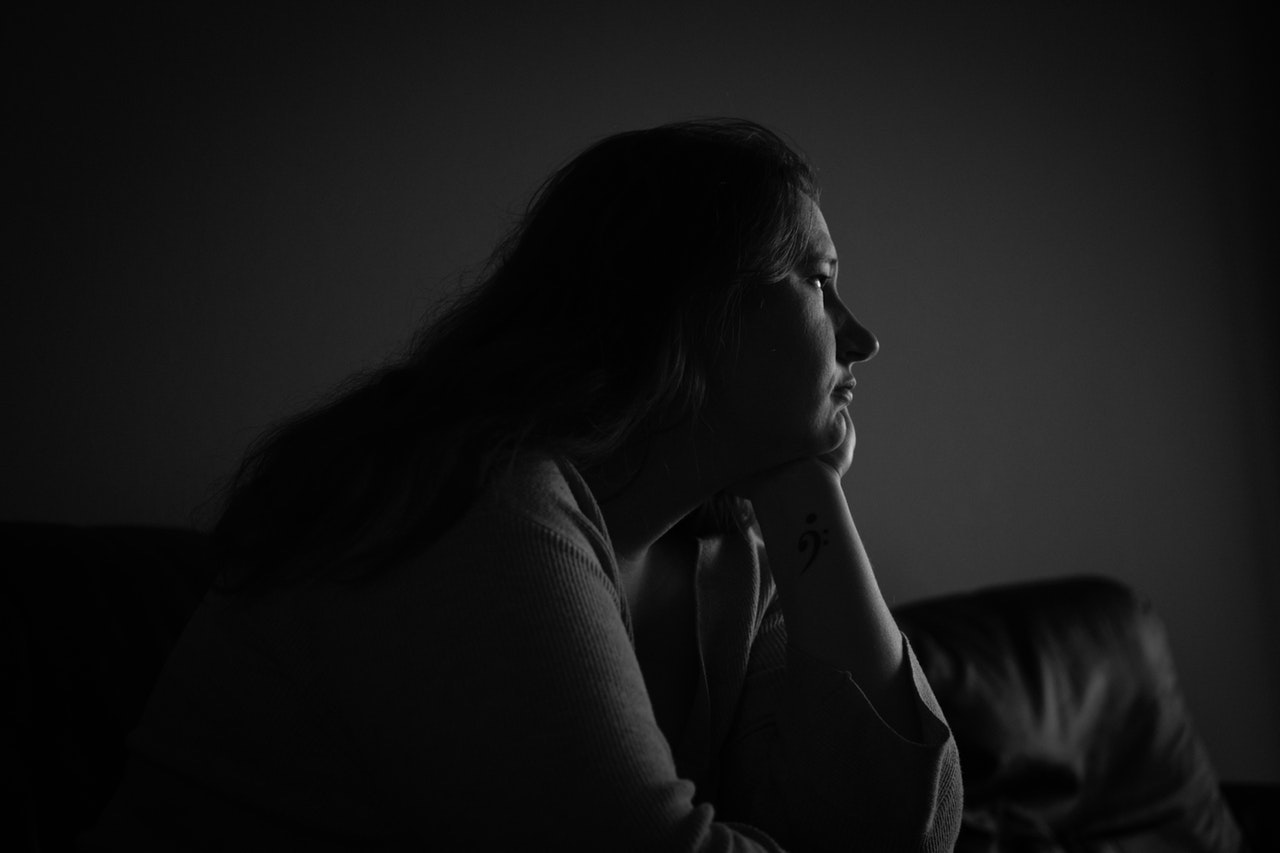
Dan: When it comes to domestic violence in Australia, the statistics are alarming. According to the organisation, White Ribbon, one in four women have experienced emotional abuse by a current or former partner, one in five have experienced sexual violence, and most frightening, on average, one woman a week is murdered by her current or former partner. Now, the term domestic violence is very broad and to learn more about how it applies in the context of family law, I’m with Murdoch’s family lawyer, Katrina Potter. So Katrina, in plain English, what is domestic and family violence?
Katrina: Well, it’s behaviour by one person in a relationship that ends up controlling or dominating the other person in the relationship. And that behaviour can be anything that’s intended to intimidate another person or make them fear the consequences of what might happen if they don’t comply with the other person’s demand.
Dan: So can a person be a victim of domestic violence if they haven’t been physically assaulted?
Katrina: Absolutely. It’s about controlling and coercing the other person. They might use violence, but they can also use overt or implied threats against the person themselves, or against their loved ones, or their property or animals.
Dan: So contextually, could yelling and name-calling be domestic violence?
Katrina: Yes, it could be. If the person is using that behaviour for the purpose of controlling and dominating the other person in the relationship, this sort of behaviour can be classified as emotional or psychological abuse. Psychological abuse might also include behaviours that end up isolating a person from their family or friends, monitoring or controlling their social activities without their consent.
Dan: Are there any other types of abuse that might be classified as domestic violence?
Katrina: In addition to the obvious physical and sexual abuse, there is the emotional and psychological abuse that we talked about, and also a person might be subject to economic abuse.
Dan: What’s economic abuse?
Katrina: Well, economic abuse is controlling or deceptive behaviour and, or denying a person within a relationship their economic or financial autonomy, and depriving a person of their ability to be financially independent or to use their money or assets according to their own free will.
Katrina: An example of economic abuse might be where one person in a relationship denies the other person the financial support necessary for meeting their reasonable living expenses or the living expenses of a child or another dependent. Sometimes in a situation, an abuser might prevent the other person from seeking employment or social security benefits, and this might mean that they are unable to obtain financial independence and make them more vulnerable to other abusive and controlling behaviours.
Dan: Katrina, you’ve used the term relationships a lot. What sort of relationships can domestic violence occur within? I mean, does it have to be like a husband-wife?
Katrina: Yeah. Well, that’s right, Dan. You’ve mentioned marriage. A lot of people do think that domestic violence only occurs within a marriage or in a de facto partnership, but domestic violence is far more broadly recognised than that. Domestic violence occurs within all sorts of romantic relationships, including same-sex relationships and sometimes even dating relationships. And these days we’re seeing more and more domestic violence being reported in family relationships, particularly against elderly parents and a child or children, but also in sibling relationships.
Katrina: The last one, domestic violence can also occur within informal care relationships. These are generally unpaid relationships where one person is dependent on the other for activities involved in their daily living. So for example, a person assisting another with their cooking, and cleaning, and grocery shopping or personal grooming.
Dan: Now, obviously domestic violence is illegal?
Katrina: Yeah. The short answer is yes. And I would encourage anyone who thinks they might be experiencing domestic violence within their relationship to seek help through the police and through their local domestic violence service.
Dan: Katrina, I’m sure there’s something that you hear quite often from the people that you see in your practice as a family lawyer. And that is, when a person who is experiencing domestic violence wants the violence to stop but there might be some hesitation or reticence around reaching out to the police. What do they do in that case?
Katrina: In that case, I would encourage the person to seek legal advice. They might want to consider making a private application for a domestic and family violence protection order. And these are civil applications that do not have to involve the police. And a protection order will usually not affect a person’s employment position or his or her criminal record.
Dan: So how can Murdoch Lawyers help with the applications for domestic and family violence protection orders?
Katrina: Well, we can make an application on someone’s behalf to assist them in obtaining a Domestic and Family Violence Protection Order. We also assist people in responding to Domestic and Family Violence Protection Orders. So if someone is seeking to take out a protection order against the client themselves.




